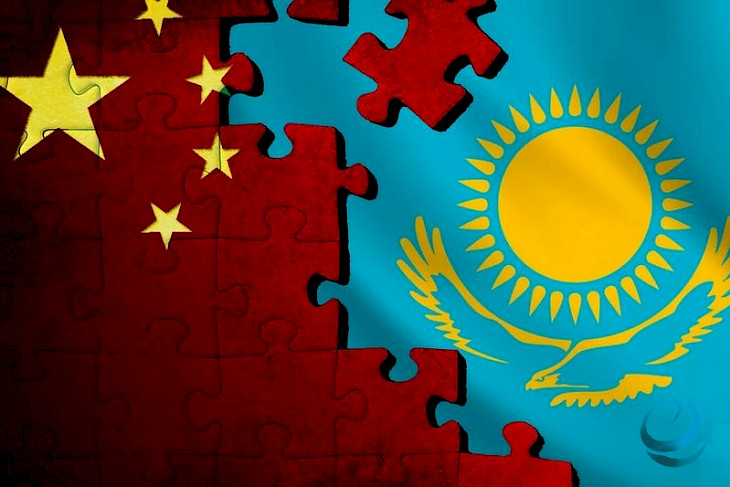In 2023, Kazakhstan's trade turnover with China reached $31.5 billion, marking a record increase of 30% compared to 2022. The export volume rose by 34.7%, reaching 19.8 million tons or $14.7 billion. Kazakhstan sold more ore to China, totaling 8.6 million tons (a growth of 30.5%), and oil, amounting to 5.7 million tons (a 7.5% increase), QazTrade informed.
There was also an increase in the supply of petroleum gas, reaching 5.8 billion cubic meters (a 15.5% increase), uranium at 10.4 thousand tons (a growth of 42.7%), and ferroalloys at 621.9 thousand tons (a 6.7% increase). However, copper exports decreased by 13.6% to 237.5 thousand tons.
Imports from China surged by 44.8%, reaching 3.9 million tons (equivalent to $16.7 billion). Clothing imports increased by 2.1 times (642.4 million units), footwear imports rose by 2.8 times (106.4 thousand tons), and automobile imports increased fourfold to 61.4 thousand units. Additionally, imports of computers, laptops, and blocks increased by 1.8 times to 6 million units.
The import of plastics and plastic products grew by 8.4%, totaling 314 thousand tons. Kazakhstan also actively imported fruits from China, reaching 136.3 thousand tons (an increase of 2.2 times), despite a slight decrease in smartphone purchases by 3.3% (6 million units).
Meanwhile, trade turnover with Russia, Kazakhstan's second-largest trading partner, amounted to $26 billion in 2023, showing a decrease of 3.7%.
The number of legal entities and branches involving China increased by 37.8% in the past year, totaling 2.4 thousand. These companies primarily operate in trade, auto repair (934), and construction (204). Chinese investments in Kazakhstan from 2007 to 2022 reached nearly $23 billion, including the implementation of 52 joint projects valued at over $21 billion. These developments face latent opposition from Western competitors actively fostering anti-Chinese sentiments in the republic, including religiously motivated ones.
Against the backdrop of Russia and China's advantageous position, Kazakhstan's foreign policy mission involves restraining the influence of these two regional powers through the broadest possible range of external relations, allowing for maximum maneuvering space, as emphasized by the authors of the collection of articles titled "Middle Powers - Important Actors in International Politics," prepared by the German Science and Politics Foundation.
CentralasianLIGHT.org
March 7, 2024

